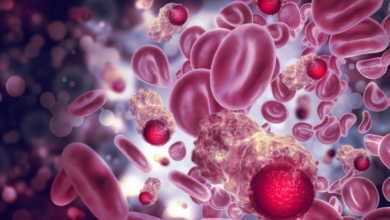Genome-Wide Association Studies (GWAS)

What is Genome-Wide Association Studies (GWAS)?
Genome-Wide Association Studies (GWAS) are large-scale genetic studies that scan the entire genome of a group of individuals to identify genetic variations associated with specific traits or diseases. These variations, called single nucleotide polymorphisms (SNPs), can provide clues about the genetic factors involved in complex diseases and traits.
Why Genome-Wide Association Studies (GWAS)? is required?
GWAS are crucial for understanding the genetic basis of complex diseases, such as:
- Common diseases: Conditions that affect a large portion of the population, like heart disease, diabetes, and cancer.
- Complex traits: Traits influenced by multiple genes and environmental factors, such as height, intelligence, and behavior.
- Drug response: Identifying genetic variations that influence how individuals respond to medications can lead to more personalized treatments.
Which are the method of Genome-Wide Association Studies (GWAS)?
GWAS typically involve:
- Large-scale genotyping: Collecting DNA samples from a large number of individuals and analyzing their genetic variations.
- Statistical analysis: Comparing the frequency of SNPs in individuals with and without a specific trait or disease.
- Replication: Validating findings by conducting additional studies in independent populations.
Who should go for Genome-Wide Association Studies (GWAS)?
Individuals typically do not undergo GWAS directly. Instead, GWAS are conducted by researchers to study the genetic basis of diseases and traits. However, the findings from GWAS can inform clinical practice and lead to the development of new diagnostic and therapeutic tools.
What are the results of Genome-Wide Association Studies (GWAS)?
GWAS can identify regions of the genome that are associated with specific traits or diseases. These regions may contain genes that play a role in these traits or diseases. However, it’s important to note that GWAS findings are often preliminary and require further research to fully understand the genetic and environmental factors involved.
What are the components of Genome-Wide Association Studies (GWAS)?
GWAS typically involve:
- Study design: Planning and conducting a large-scale study with a well-defined population.
- Genotyping: Collecting DNA samples and analyzing genetic variations.
- Statistical analysis: Using statistical methods to identify SNPs associated with traits or diseases.
- Replication: Conducting additional studies to confirm findings.
- Interpretation: Interpreting the results and identifying potential genes and biological pathways involved.





